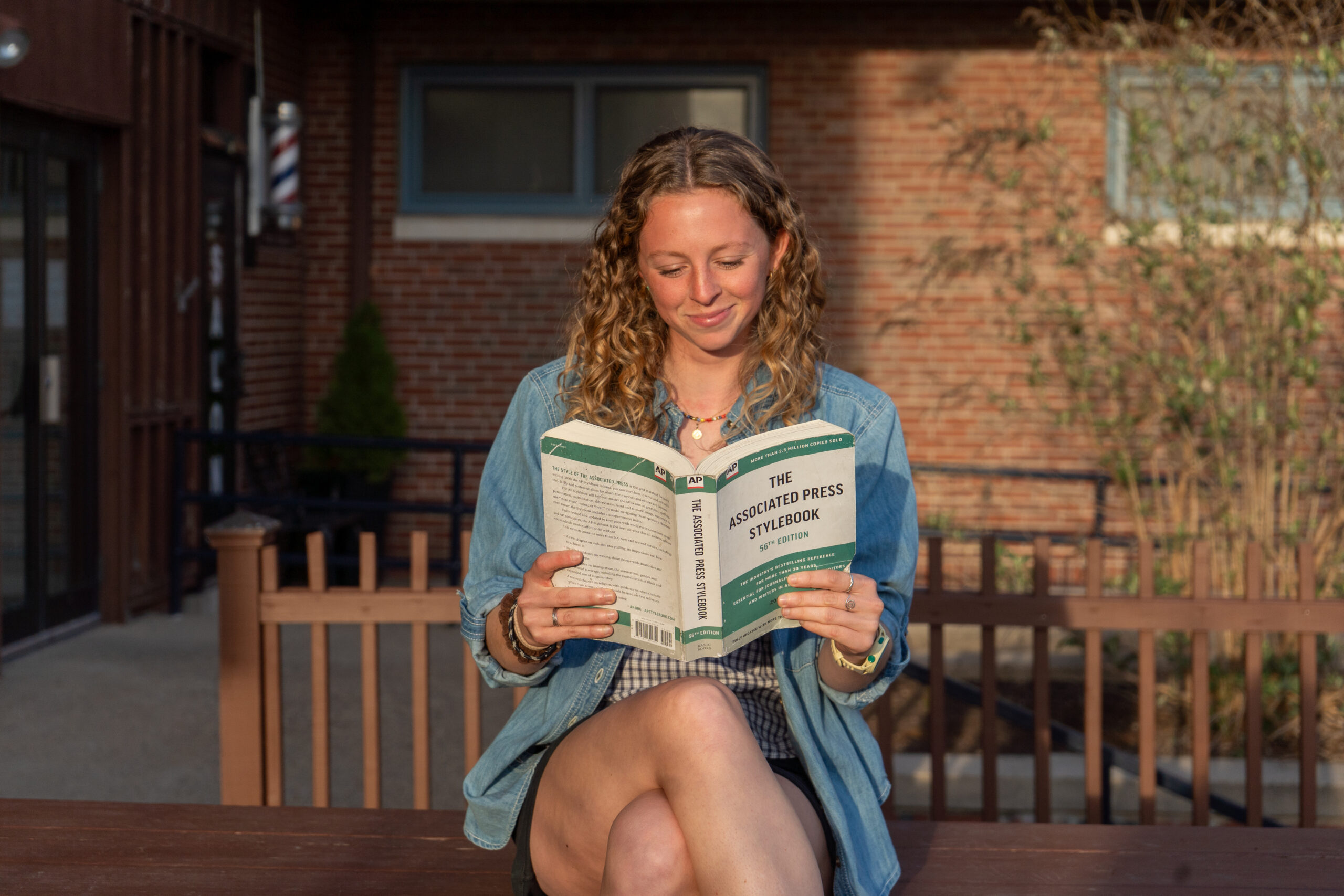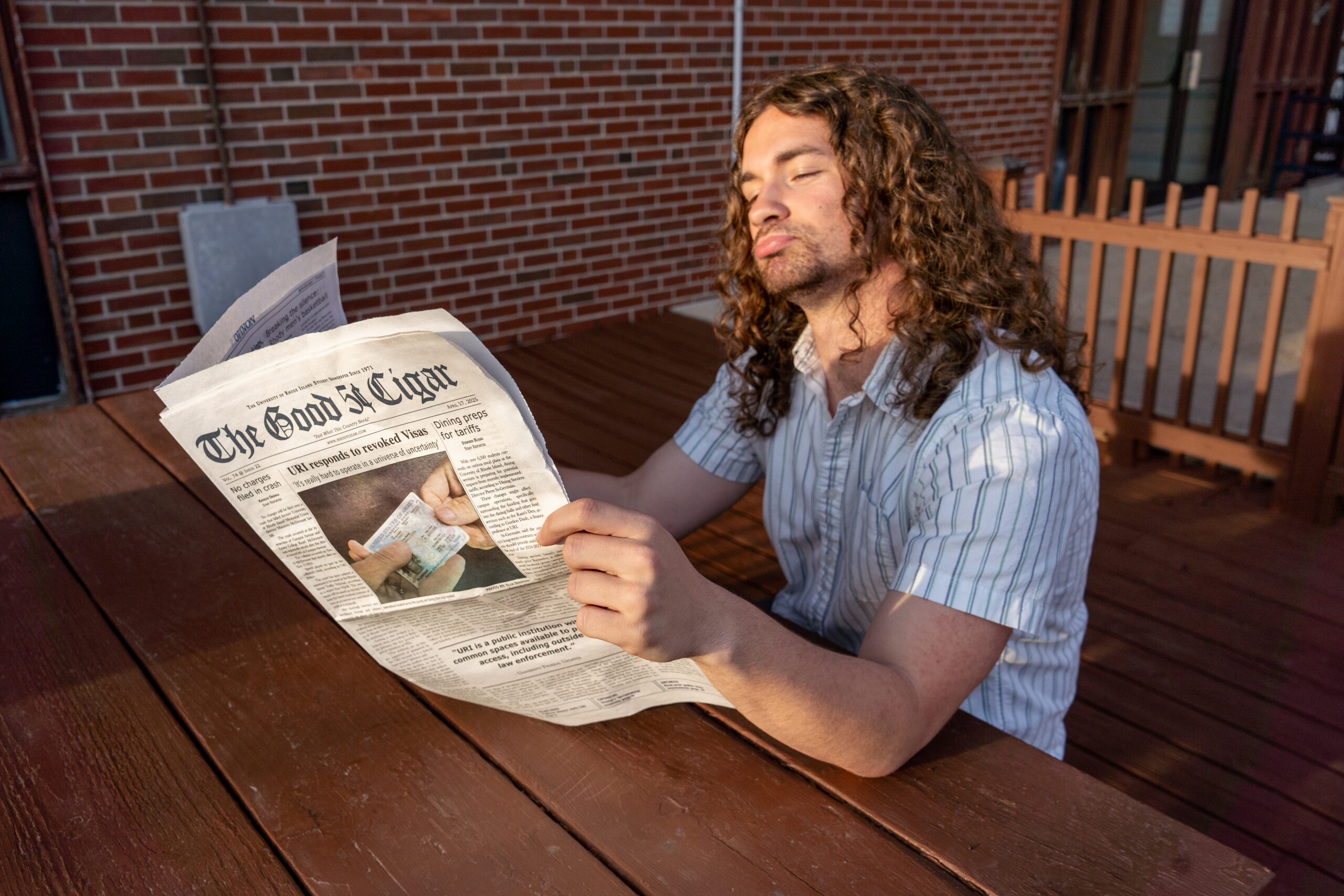It’s not easy dealing with life after suffering from a mass shooting.
I am just one of many Jewish students here at the University of Rhode Island, and the events that occurred this past Saturday in Pittsburgh shocked me to my core. I could not believe that an anti-Semitic attack could ever occur in this day and age, that someone would actually walk into a Synagogue and directly assault people of my religion. Innocent, good, faithful people. People who died for practicing what they loved, people who were just following their daily routine. But it did.
All throughout my life, I have felt safe within my communities. My family, my friends, my town and my Jewish community. I was never afraid to tell someone that I was Jewish, that I attend Synagogue as often as possible. It was a luxury that I took for granted.
When I got the notification about the shooting, I was sitting in the Cigar office with our Production Manager Tona Campbell, and couldn’t bring myself to read anything but the notification I received on my phone. Writing this column, I once again find myself in the Cigar office, but this time with two other editors, and two of my best friends. There is one thing that is the same about both of these situations: no one around me is aware of the pain that I am feeling.
I had the opportunity to attend the vigil this past Tuesday that was sponsored by the Hillel Center and originally did not intend to cover it for the Cigar. My connection to the Hillel Center and openness about being Jewish displayed a clear conflict of interest, but when the reporter who was supposed to cover it fell sick early that morning and could no longer attend, Lianna and I both agreed that its news-value was more worthy than the conflict of interest I had.
As any good reporter would, I showed up early and interviewed subjects that I knew would be vital to the piece. When it came time for the service, I hit the record button on my phone and stuck it in my pocket, as I knew I wanted to pay full attention to the ceremony and the speakers. During the event, I did not even think once about what I wanted to include in my article.
As I sat down to write the article once the Vigil ended, I kept in the back of my mind that I needed to show absolutely no bias and report the facts. But, as I added letter after letter to the document, I found that impossible. I was reliving the events for a third time, something that would haunt anyone affected by tragedy. However, this time, my conflict of interest had no effect on the news of my article, just the way in which it was written.
I invite you to flip back to the earlier pages to find it. Read it one more time. Do you notice the raw emotion? The sense of community? The power behind the words, the structure, the quotes?
That style of writing was made possible by my conflict of interest, and I personally believe that anything less would not do the Jewish community justice, the vigil justice, or the event justice. The piece always shows the true importance of community and the need for support from others.
Was this an irresponsible act by me as a student journalist? Probably. Is it an article I regret writing? Absolutely not.



